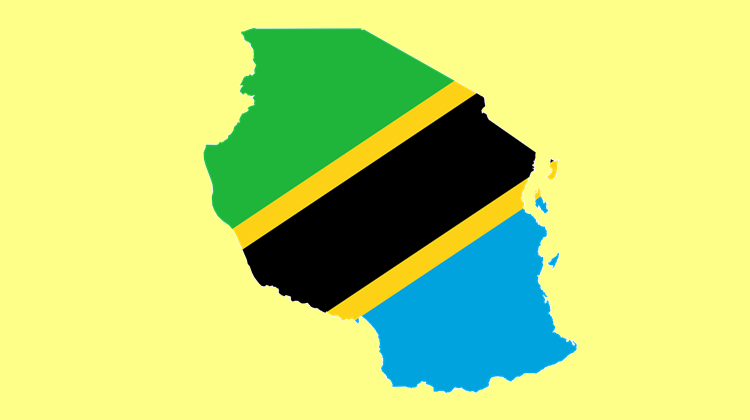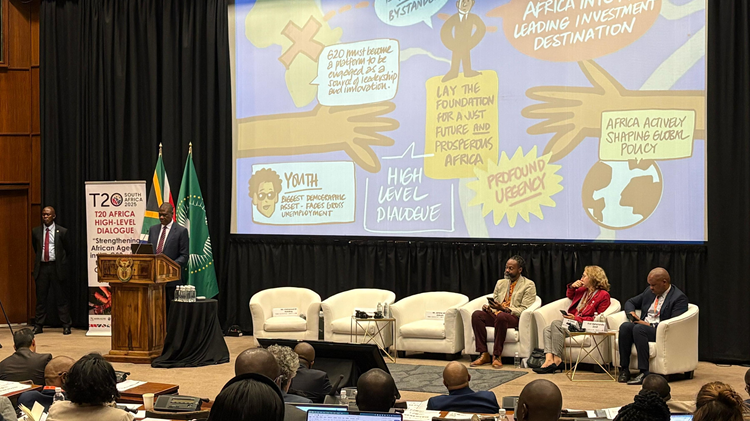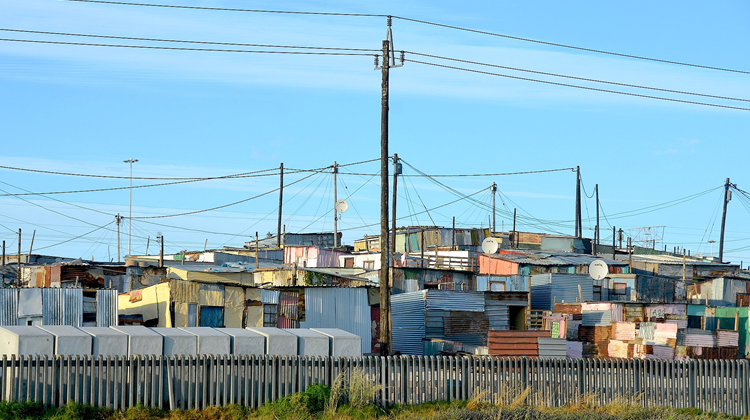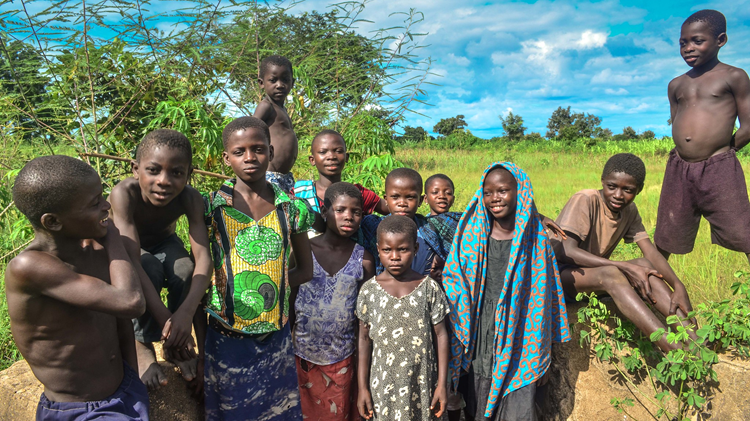The new space age, Africa and the common good
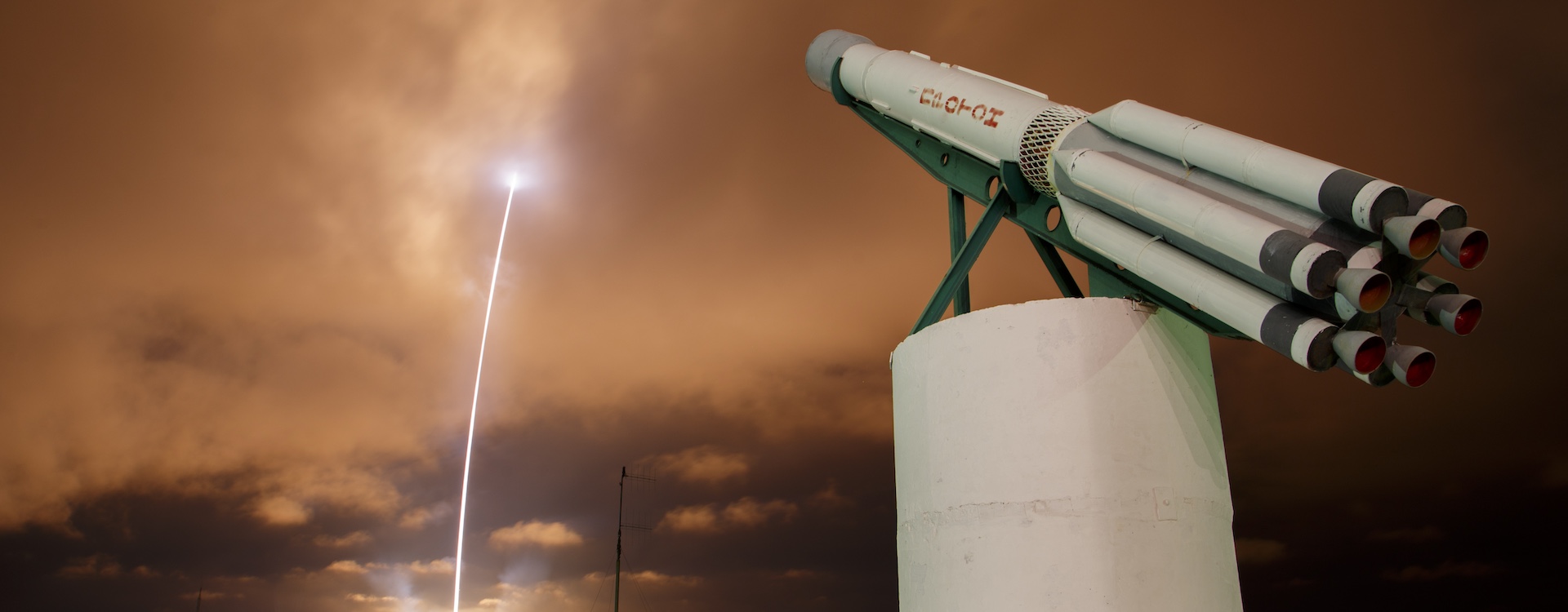
African leaders must act to preserve Earth’s orbit for global development and prosperity.
Over the past decade, technological progress, market speculation and geopolitical competition have ushered in a second space age, building off humanity’s initial use of space during the Cold War. Yet intergovernmental agreements meant to maintain outer space as a peaceful, equitable domain have not kept pace. Contemporary space policies are instead being determined on the fly by commercial interests and a handful of countries with divergent political goals.
Africa’s leaders should help steer this status quo more cooperatively. The continent’s diplomatic clout is growing, evidenced by the African Union joining the G20. And African nations are generating new political ties amid the world moving away from Western hegemony. Such momentum should be put to use to ensure greater access to space and space-based technologies for developing countries. This could speed up their digital connectivity initiatives and enhance nation-building efforts by improving the implementation of sustainable development agendas.
However, resurgent great power rivalry poses risks to space becoming another geopolitical battlefield where the interests of non-aligned countries, including those in Africa, are sidelined by the manoeuvring of opposing blocs. On the one side sits a nascent coalition of China, Iran, North Korea and Russia — on the other, the United States and its industrialised allies.
Of the roughly 70 nations with established space programs, China and the United States are the world’s undisputed leaders. African countries, by contrast, have much more limited space assets and expertise. Yet the continent’s capabilities have evolved significantly since Egypt launched the first African-made satellite into orbit in 1998. Today, 21 African countries have their own space agencies. They have invested a combined US$4.7 billion in the manufacture and launch of 59 satellites to date, including three through multilateral schemes.
While major space powers are focused on placing humans back on the Moon within a few years, space programs across the Global South, including those in Africa, are geared toward improving conditions on Earth.
Satellite imaging, sensors and communications technologies have become vital for climate adaptation and supply chain resiliency. Public, private and civil society actors alike rely on these digital tools to map out water resources, monitor drought conditions, measure deforestation and assist with disaster management and emergency responses. Space-based technologies help strengthen food security by improving data collection on agricultural yields and enhancing transparency around providing development aid. In conflict zones, satellites can lessen the fog of war by tracking militants’ movements and assessing the destruction of property and displacement patterns.
Space programs in the Global South, including Africa, prioritise Earth-centric innovation, driving climate adaptation, food security, and disaster management
Much of this is reflected in the African Union’s Space Strategy. Released in 2019, its core principles encompass raising industrial capacity and harnessing competitive advantages across member states to develop indigenous African space technology to address the continent’s socio-economic needs. These ambitions were boosted during the inaugural EU-AU space dialogue held last October in Senegal — especially around the EU’s new multi-orbital connectivity system, the IRIS2 Satellite Constellation.The satellite network is intended to bring high-speed internet coverage to 'connectivity dead zones' of strategic importance beyond Europe’s borders once fully operational in 2027. This should generate mutually beneficial opportunities that align with the EU-AU cooperative policy framework agreement, Joint Vision for 2030, adopted in February 2022.
But there are many complicating factors. Foremost is the public backlash African leaders might trigger by funnelling resources toward long-term space initiatives when their people must cope with more immediate material and security crises. Plus there are environmental downsides. Africa is already disproportionately suffering from climate change. Its governments may therefore struggle to communicate to domestic audiences that such manifest consumption of large quantities of fossil fuels to launch satellites into orbit is justified – even though a key benefit of space-based technologies is their ability to aid in climate adaptation.
Another challenge is navigating the ever-expanding global web of private stakeholders involved in the turbocharged space economy. Altogether, space-based activities are forecast to generate US$1 trillion in revenue within two decades — more than the combined GDP predicted for Africa’s three largest economies this year.
Over 10 000 companies are already pursuing opportunities at breathtaking speed and scale across at least 20 different business sectors. Commercial ventures range from space tourism and private launch services to plans for space-based solar power, lunar mining and more. Overcrowding in space, leading to signal interference, is also a genuine concern. Some 11 000 satellites — ranging from the size of a desktop computer to a school bus — currently reside in low Earth orbit (LEO is generally at an altitude of less than 1 200 miles). Another 20 000 satellites are on track for launch by 2030. Adding to this orbital clutter is an estimated 170 million pieces of space debris floating around, which risk colliding with satellites and taking them offline at any moment.
Establishing Rules of the Road in Space
All of this underscores the profound lack of legal clarity around space governance. Article I of the 1967 Outer Space Treaty, which underpins all international space law, decrees outer space shall 'be free for exploration and use by all States without discrimination of any kind, on a basis of equality.' But in practice, the absence of an effective enforcement mechanism means terrestrial self-interests and animosities are now encroaching into space.
In late April, Russia vetoed a UN Security Council resolution co-sponsored by the United States and Japan, calling for space to remain demilitarised. Media reports from February citing US intelligence sources suggest Russia is developing a space-based nuclear weapon, something the Kremlin denies. China — which abstained from voting on the Security Council resolution — has run its own anti-satellite weapons program for decades. Meanwhile, Beijing and Moscow have both condemned America’s Space Force, a secretive sixth branch of the US military founded in 2019. These nations’ allies are joining the space arms race as well. The 2024 annual report from the Secure World Foundation, a private US-based organisation that promotes the sustainable use of outer space, suggests that Australia, France, Japan, Iran, Israel and North Korea also possess some degree of space-based electronic warfare capability, as does India.
Lack of legal clarity in space governance amplifies terrestrial conflicts as geopolitical tensions escalate and military activities encroach into the cosmos
The proliferation of affordable consumer-based satellite internet options poses another complex governance dilemma, especially in war zones. Starlink’s portable services have increased the lethality of battlefields in Ukraine by enabling greater use of digitally networked weapons platforms and algorithmic targeting software. Many non-state actors have taken notice, including in Africa. A thriving black market for Starlink terminals now allows paramilitary groups like the Rapid Support Forces in Sudan to bypass internet blackouts and fill connectivity gaps to become a more efficient fighting machine.
The UN General Assembly’s Space2030 Agenda, adopted in October 2021, deems space science and its associated technology as ‘intrinsic to our daily lives’ and significant drivers of sustainable development. Given the socio-economic benefits African countries stand to gain from the second space age, the continent’s leaders must ensure outer space as a domain remains a common good for all. If concerted efforts aren’t made to preserve Earth’s orbit for global development and prosperity, it risks being divided up according to commercial interests and the whims of great power rivalry. Should that happen, it would be to the detriment of not only Africa but people in developing nations worldwide.
Image: Roscosmos/Flickr

